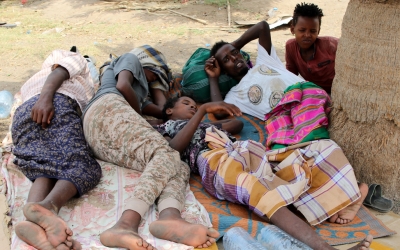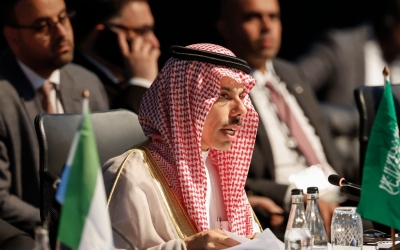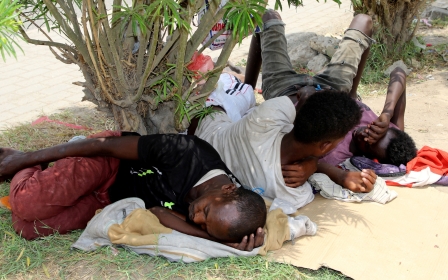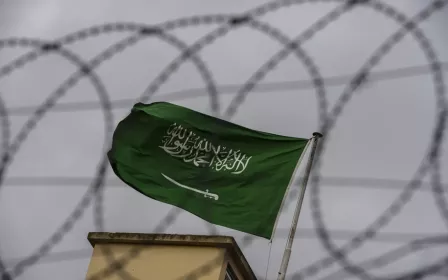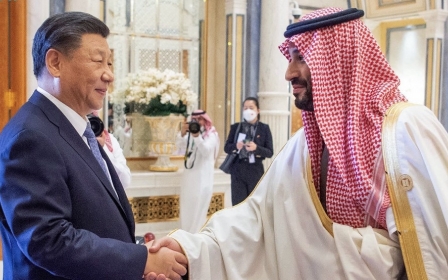US rejects report it failed to publicly raise issue of Saudi border killings
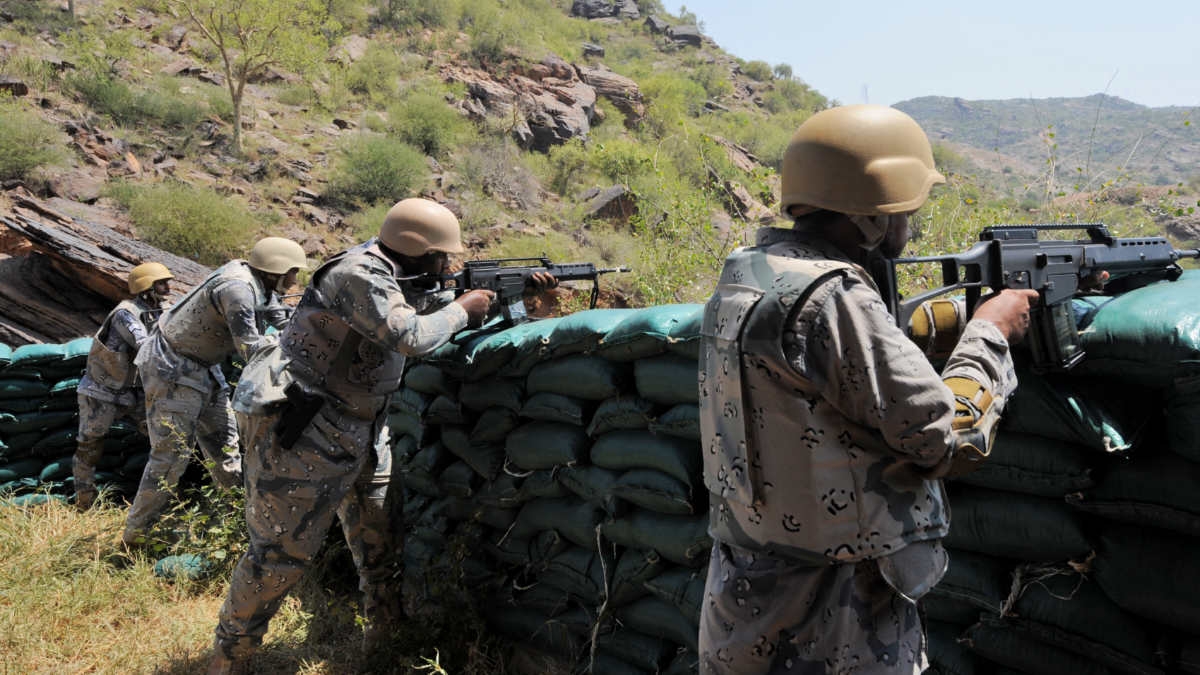
The US has pushed back on a report by The New York Times that it failed to publicly raise concerns over reports that Saudi Arabia killed hundreds of Ethiopians attempting to cross the country’s border with Yemen.
Human Rights Watch (HRW) released a 73-page report last week based on witness interviews and analysis of photos, videos and satellite imagery going back to 2021 documenting a “widespread and systematic pattern of attacks" by Saudi forces that may amount to crimes against humanity.
According to the report, Saudi border guards shot people attempting to cross the border at close range, and in some cases asked them which of their limbs they would prefer to be shot.
On Saturday, The New York Times reported that American diplomats were informed of the attacks late last year but in the following months failed to publicly criticise Saudi Arabia.
According to the NYT report, one of the senior US officials briefed on the killings in December by the UN was Steven Fagin, the US ambassador to Yemen.
New MEE newsletter: Jerusalem Dispatch
Sign up to get the latest insights and analysis on Israel-Palestine, alongside Turkey Unpacked and other MEE newsletters
When Middle East Eye reached out to the State Department for comment on the NYT article, a spokesperson directed MEE to the State Department’s 2022 human rights report, which was publicly released on 20 March 2023.
The State Department report cited a 6 May 2022 article published by MEE that Ethiopian migrants held in detention centres around the country were subject to beatings and extortion and left in unsanitary, overcrowded rooms.
Migrant killings
The same report also publicly acknowledged allegations that bodies of Ethiopian and Yemeni migrants were “piled near an informal detention facility in southern Saudi Arabia” bearing gunshot wounds to the head and marks of torture.
The State Department report publicly detailed a letter from the UN Office of the High Commissioner for Human Rights, addressed to the Saudi government, listing allegations of migrant abuse perpetrated by Saudi security forces, including killings, torture, arbitrary detention, and sexual abuse.
“The letter cited reports suggesting that Saudi forces may be 'pursuing a policy of excessive use of firearm force to stop and deter migrants from crossing the Saudi-Yemeni border.' The letter referred to information suggesting that Saudi security forces killed approximately 430 migrants and injured 650 others in cross-border shelling and shooting between January and April 30, 2022,” the State Department report said.
US officials have also pushed back on claims that they failed to raise the allegations with Saudi Arabia.
“The United States has engaged senior Saudi officials a number of times on this over the course of the last year to express our concerns about the allegations and continues to urge that Saudi authorities undertake a thorough and transparent investigation,” a State Department spokesperson told MEE.
US weighs arms sales and security pact
US President Joe Biden entered office pledging to make Saudi Arabia a pariah over its poor human rights record following the outrage over the brutal killing of MEE and Washington Post columnist Jamal Khashoggi.
But since coming to office, rights groups have criticised the Biden administration for failing to keep his promises and holding the crown prince accountable after the director of national intelligence said Mohammed Bin Salman approved the killing.
The Biden administration has put a hold on offensive weapons sales to Riyadh over the war in Yemen, but experts previously told MEE that the lack of a specific definition as to what constitutes an offensive or defensive weapon makes the ban nearly impossible to measure.
The administration has clashed more publicly with Saudi Arabia over its energy policy and its refusal to agree to western sanctions on Moscow.
But energy prices have fallen from last year’s highs and Riyadh has pivoted to positioning itself as a mediator to conflicts. In July, Saudi Arabia hosted Ukraine-Russia peace talks that the US welcomed, and with Washington's backing it has also tried to broker a truce to fighting in Sudan.
Under Crown Prince Mohammed Bin Salman, Saudi Arabia has pushed through some social reforms, but it continues to stamp out any sign of dissent at home. Last week, a Saudi court sentenced the brother of a prominent scholar and government critic to death over his tweets against corruption and for defending imprisoned religious scholars.
But the Biden administration is weighing whether to ease arms sales to Riyadh, along with offering the Saudis a new commitment to their security and helping develop nuclear technology, as it pushes for the establishment of official diplomatic relations between the kingdom and Israel.
The HRW report could complicate those efforts by bolstering the voice of Saudi Arabia’s critics in Congress, who want the US to rein in the relationship over human rights issues.
In March, a bipartisan pair of senators introduced a resolution that would possibly cut off all US security assistance to Saudi Arabia over human rights issues.
Middle East Eye delivers independent and unrivalled coverage and analysis of the Middle East, North Africa and beyond. To learn more about republishing this content and the associated fees, please fill out this form. More about MEE can be found here.


